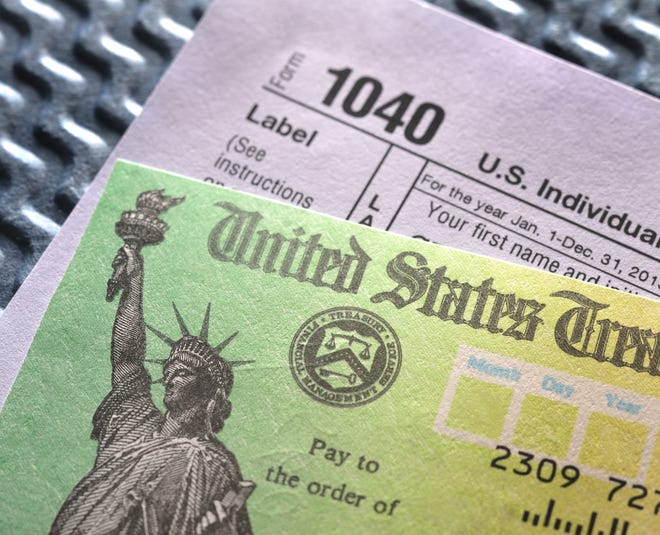After years on the fringes of the financial world and crazy fluctuations in value, cryptocurrency is increasingly accepted as a financial asset and as a means of payment. While the technology behind cryptocurrency has continued to evolve rapidly, guidance on the tax treatment of cryptocurrency has evolved much more slowly.
The only guideline issued by the Treasury and IRS regarding cryptocurrency transactions is Notice 2014-21, 2014-16 IRB 938 (“Notice”). The Notice discusses the tax implications of “mining” virtual currencies, the predominant method of creating cryptocurrency at the time the Notice was issued.
Virtual currencies are based on digital registers (“blockchains”). Since blockchain transactions do not have a traditional third party to verify transactions, parties to those transactions must rely on an algorithm to reach consensus among participants as to the validity of transaction sets (each set is called “block”).
This validation process ensures that each block of transactions added to the blockchain represents the most recent transaction to prevent a user from spending the same unit of digital currency more than once.
The “mining†process is based on a decentralized consensus mechanism that forces members of a network to put effort into solving an arbitrary mathematical puzzle in order to prevent participants from abusing the system. As a result, cryptocurrency mining is sometimes referred to as “proof of work†or “PoW†because personal services must be provided to validate transactions, and the work is rewarded with new tokens.
The Notice states that rewards for mining activities may be included by a miner in gross income at fair market value of virtual currency, effective from the date of receipt of mining rewards. The Notice does not specify whether the mining rewards would be subject to tax at the ordinary rate or to capital gains, but it is generally accepted that they would be taxable at the ordinary rate, given that they are received in exchange for the tax. provision of a service.
Another method of validating virtual currency transactions involves third parties pledging their coins to confirm transactions in a process called “staking†or proof of stake (“PoSâ€). Among those who pledge their coins, a computer protocol chooses stakes to validate and confirm the blocks of transactions. Participants selected as stakes receive coins collected from other participants as a transaction fee (“staking rewardsâ€). The more coins participants promise, the more likely they are to be chosen to receive wagering rewards.
The Notice does not directly address the consequences of PoS transactions, so stakes have no direct indication of the tax consequences of their staking activities. It is therefore difficult for taxpayers to judge the appropriate position to take when declaring income from these activities.
Since the Notice does not deal with staking, staking workers take various positions with respect to the imposition of staking rewards. Some treat staking rewards the same as mining rewards under the Notice, meaning that the staker includes the rewards in gross income at fair market value on the date the staking rewards are received. Others compare the staker’s income to interest income because staking rewards are received to make the staker’s virtual currency available for use by others for a period of time.
Other taxpayers argue that staking rewards are comparable to extracting certain minerals such as oil and gas or growing plants. They argue that staking is significantly different from mining because, unlike cryptocurrency mining, staking does not require the pledge of providing a personal service, i.e., work. These taxpayers believe that income should not be recognized until the awarded coins are sold, just as some mined minerals and crops do not create income until they are sold.
Taxpayers should be careful when taking this position. Oil and gas transactions often receive special treatment for reasons that may not apply to virtual currencies. The policy of Congress in the past has been to encourage the development and production of oil and gas properties. As a result, the Treasury Department may have interpreted various sections of the Internal Revenue Code in a manner favorable to oil and gas developers. This favorable interpretation may not apply to cryptocurrency.
These theories are currently being tested in a lawsuit in which a taxpayer staked coins, paid taxes on staking rewards, and then sued for a refund, claiming that the staking activity did not generate income. for the aforementioned reasons and others. The IRS unsurprisingly rejected these positions in its initial court filing. While the IRS’s response is not authoritative, it at least gives some idea of ​​where the IRS stands today.
Due to the substantial uncertainty regarding the tax implications of staking activities, taxpayers should consult a tax attorney before reporting income from these activities on their federal and state income tax returns.
Grassi is Senior Legal Counsel at McDonald Hopkins LLC.
 Resource KT
Resource KT


